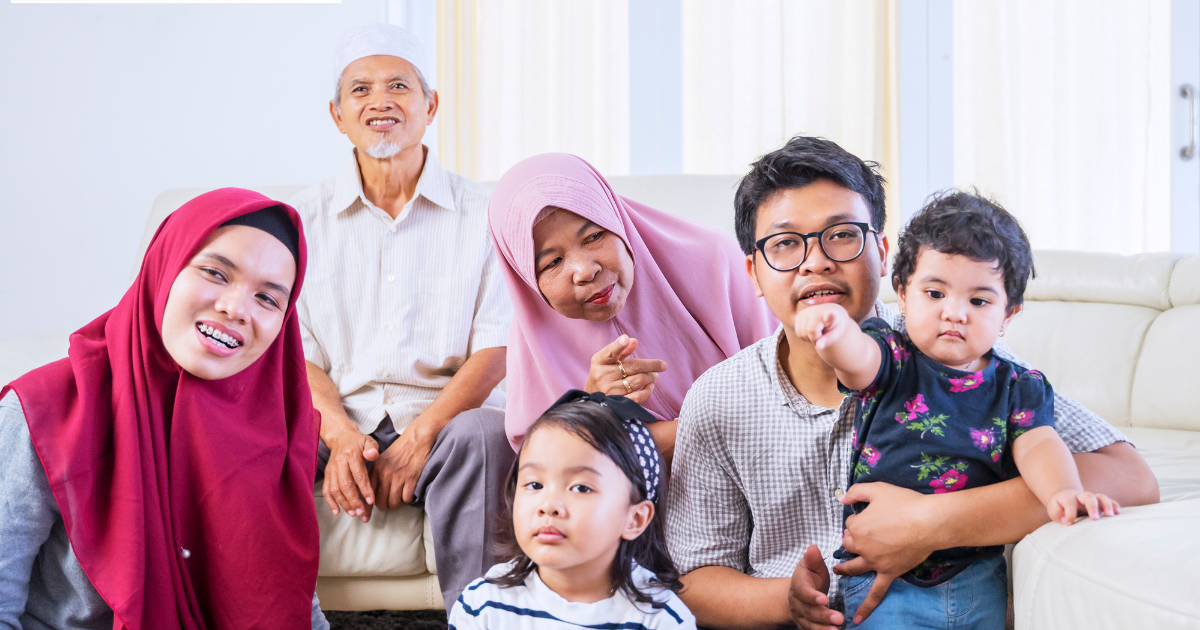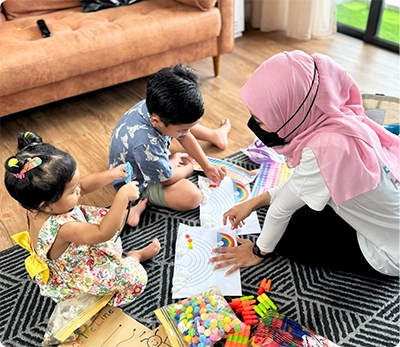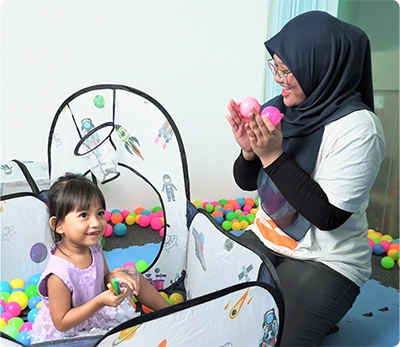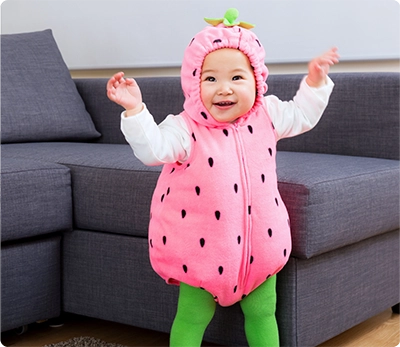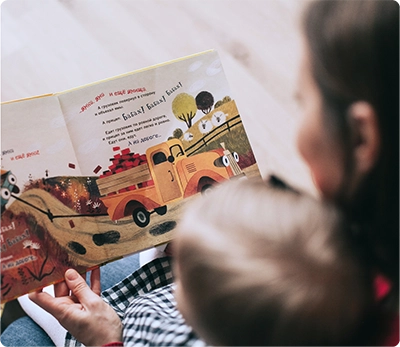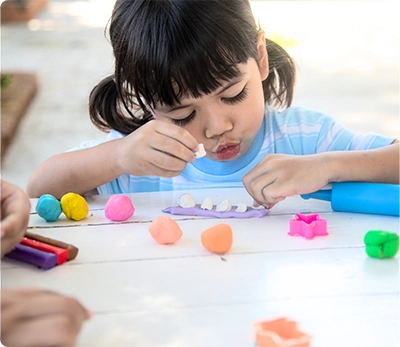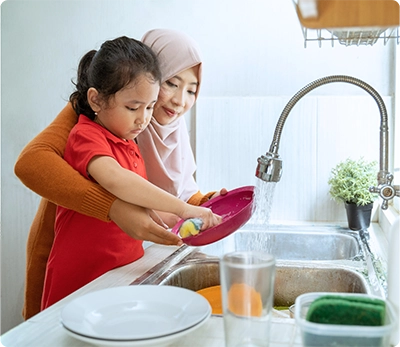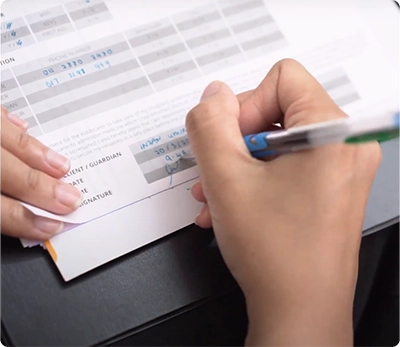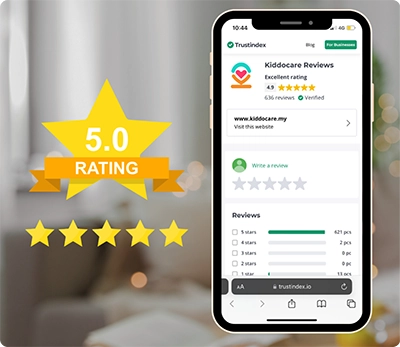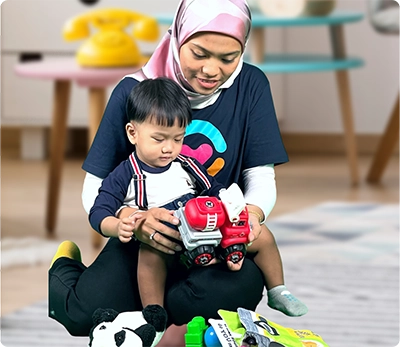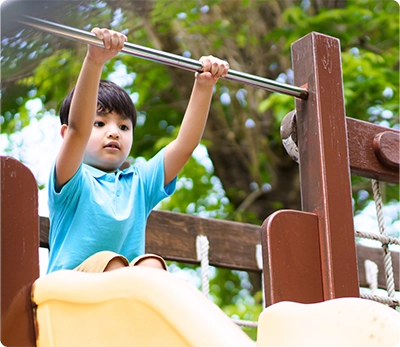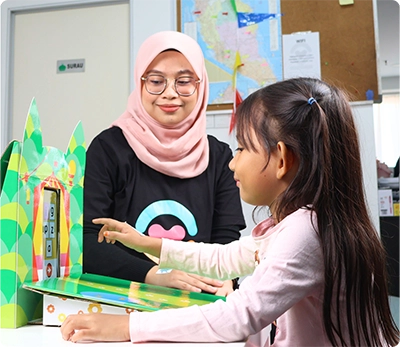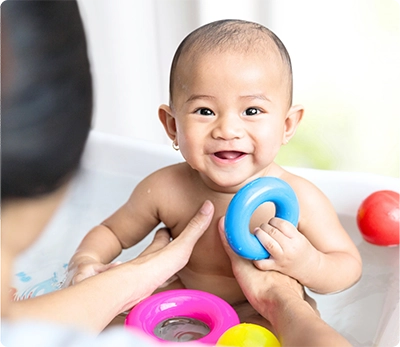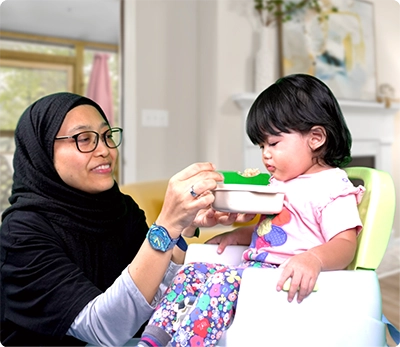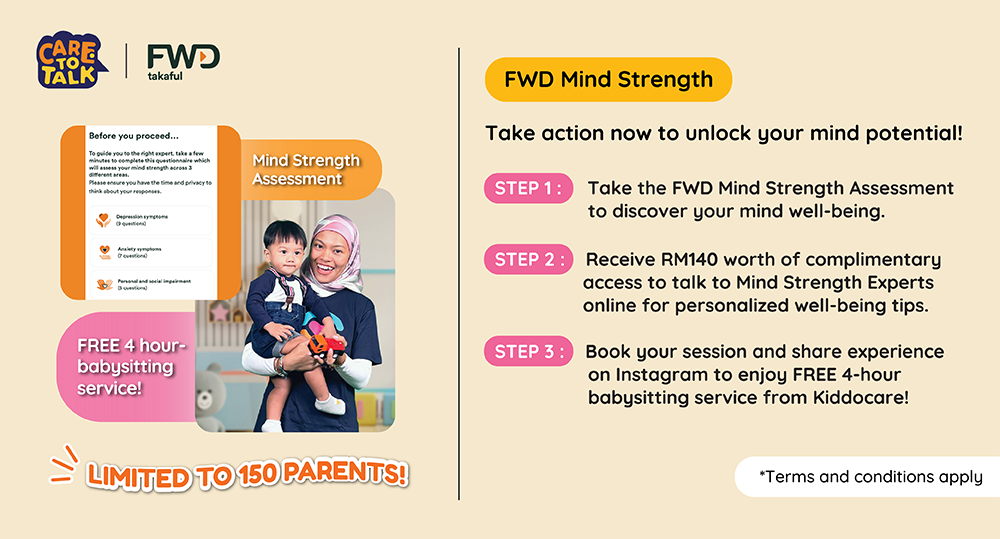The Sandwich Generation
A Guide To Living A More Fulfilled Life

Sandwich Generation? What is that?
The term “sandwich generation” describes people who simultaneously care for their elderly parents and their children. They have to handle the demands and obligations of two distinct generations, which may be difficult and frequently results in stress and lots of juggling.
The name comes from the fact that they are “sandwiched” between their parents’ and their children’s requirements.

What’s So Challenging About It?
- Dual Responsibilities
Carers of the sandwich generation frequently raise small children or assist older children, demanding everyday responsibilities like education, emotional support, and physical care. On top of that, they must also take care of their ageing parents’ requirements, which may involve handling their daily life support, medical needs, and financial obligations.
- Time Constraint
Managing work and caregiving responsibilities can impact their career progression and job performance. Some may have to take leave frequently or resign from their job, which would affect their income and life satisfaction. Managing work, children, and the elderly at the same time also leaves little to no room for personal time for any hobbies or activities since the responsibilities of caring for both their children and parents take up their entire time.
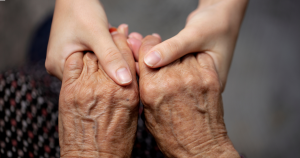
- Higher Stress Level
Taking care of old parents and children at the same time is physically, mentally and emotionally tiring. Burnout may arise from the pressure to give both generations the same amount of care and attention. Providing care for two distinct generations can involve a lot of physical demands, particularly when it comes to tasks like feeding, lifting, or helping with mobility.
- Financial Issue
Families that are responsible for caring for two generations frequently experience financial strain from having to pay for their parent’s medical care, a bigger home to accommodate everyone and other expenses in addition to their children’s education and family’s cost of living.
- Social Isolation
Since most of the time is spent on caregiving, the sandwich generation hardly has time to socialise. It can be challenging to maintain friendships and social activities as caregiving responsibilities limit social connections and other support systems.
- Health Issues
Caregiving often leads to many health issues for the caregiver, what more if they are caring for both their parents and children. They are prone to falling sick easily due to exhaustion as well as struggling with depression, anxiety and high stress levels.
How To Strike A Balance As A Caregiver To Two Generations?

It can be quite demanding to juggle your life as a carer for your parents and your own family. To balance your life together as a big family, you need to plan and strategise. Here are some ways that you can try!
Always Communicate
Maintain open communication with your partner and kids. Include them in the process of organising the distribution of duties. As for your parents, involve them in decision-making by talking about their needs and preferences. But, at the same time try your best not to involve your parents in matters concerning your own family, especially anything related to your spouse. This promotes better understanding and assures good family relationships.
Expect The Unexpected
The more people that live in your house, the more “drama” that could happen. So, it is important to understand that you can try your best to plan certain rules and organise everything in your household but be ready to face anything spontaneous to happen with each of your family members. The keyword here is to be FLEXIBLE and be ready to make any changes as time goes by.
Establish Clear Rules
Having your parents stay together with you and your family can cause a lot of misunderstandings and interference. Try your best to be clear to your parents about some important matters regarding your family like your parenting style and your children’s education decisions. On top of that, remind your children not to put any burden on your parents as well.
Self Care Is Important!
Taking care of both your parents and your own family means that you are busy almost all the time. But, if you want to be a good caregiver, you must remember to take good care of yourself because if you don’t, you will not be able to care for your family members. You will get sick easily or worse, burned out. As the saying goes, “Put your oxygen mask on first before assisting others.” Your health matters too.
Get Help If You Need It
Seek assistance from other family members or hired carers to help share the workload. You do not have to do everything alone. Besides that, you can find support groups too. It can be beneficial for you to get emotional support and seek advice or share your struggles with other caregivers. Talking to a trusted friend or therapist can also help you to feel better about everything that you are going through.

You’re Doing The Best You Can!
Balancing life as a caregiver to both your parents and your own family is undoubtedly challenging. But, always remember to take care of yourself. Living as one big family means that some things may work, some may not. But at the end of the day, having both your parents living together with you is indeed a blessing. Take care of them while you still can. You got this!

